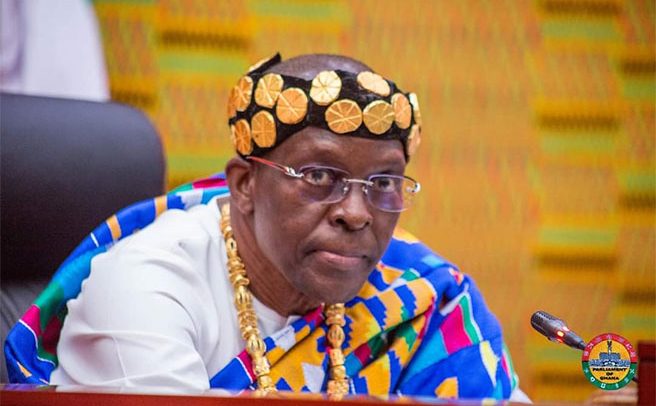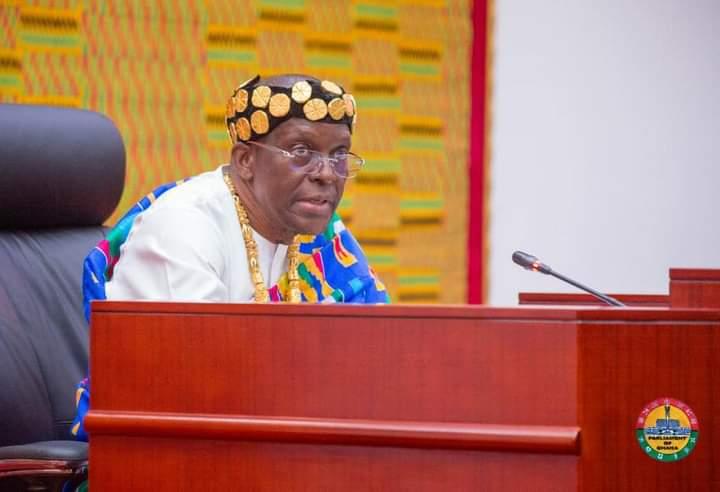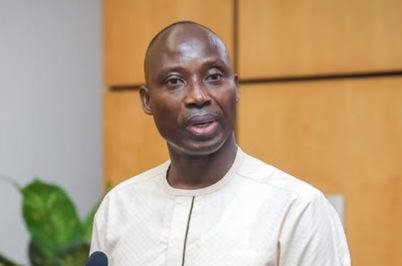
The matters raised by Attorney-General Godfred Dame regarding the decision of Parliament to stay any move to consider the new ministers until after the Supreme Court case on the anti-gay bill is done, do not go far enough, private legal practitioner Martin Kpebu has said.
On Thursday, March 21, the Attorney-General and Minister for Justice, Godfred Yeboah Dame, refuted claims that he has received an interlocutory injunction in the case brought forth by Member of Parliament for South Dayi, Rockson-Nelson Etse K. Dafeamekpor.
Mr Dame clarified that he has not been served with any legal documents pertaining to such court proceedings.
Parliament on Wednesday, March 20 halted the vetting process for the nomination of Ministers and Deputy Ministers of State by President Nana Addo Dankwa Akufo-Addo following an interlocutory injunction filed at the Supreme Court by MP Rockson-Nelson Dafeamekpor.
In his closing remarks to the House before adjourning on Wednesday, Speaker of Parliament Alban Bagbin cited the lawsuit as the reason for the suspension of the vetting process, as it rendered Parliament unable to proceed with the nominations.
“Hon Members, I also bring to your attention, the receipt of a process from the Courts titled Rockson-Nelson Etse K. Dafeamekpor vrs. The Speaker of Parliament and the Attorney-General ( Suit no. J1/12/2024) which process was served on the 19th of March 2024 and an injunction motion on notice seeking to restrain the Speaker from proceeding with the vetting and approval of the names of the persons submitted by His Excellency the President until the provisions of the constitution are satisfied.”
However, in a letter addressed to the Speaker on Thursday, March 21, Mr. Dame disputed Bagbin’s assertion, stating that it was based on inaccuracies as no injunction had been filed.
“The plaintiff has not filed an application for interlocutory injunction seeking to restrain the Speaker from proceeding with the vetting and approval of the names of the persons submitted by His Excellency the President…”, or indeed, any other interlocutory relief.
“Thus, there is nothing before the Supreme Court which may constitute a restraint or fetter on Parliament from proceeding with the approval of ministerial and deputy ministerial nominees presented to Parliament by the President in accordance with articles 78(1) and 79(1) of the Constitution.”
Commenting on this matter on News 360 on TV3 on Thursday, March 21, Mr Kpebu said “To be candid with you the matters the Attroney-General has raised don’t go far enough. The bottom line is that the speaker was served with the writ. Now it’s very clear to us that it is not exactly accurate that the speaker mentioned that there was an application or a motion for an injunction. When you say motion for an injunction, it has a very specific meaning, it is a document that you must see. I listened to the speaker’s speech and he mentioned that document, so that one is an error but even if you take that error on the part of the speaker away we are left with the sustentative matter, there is a matter in court challenging the whole vetting process, so even without an application for injunction, you are also required to stay your hands.
“Put it another way, under our laws of contempt, what it says is that when there is a matter in court the party should stay away from doing anything that renders the case useless or foolish case. Don’t do anything that will make the case a foolish case so yes by the time the speaker was speaking there wasn’t an application for incj8tion, today it is there but as of yesterday the speaker had been served with a writ.”
The post Matter raised by Attorney-General against decision not to approve new ministers don’t go far enough – Kpebu first appeared on 3News.
Read Full Story





















Facebook
Twitter
Pinterest
Instagram
Google+
YouTube
LinkedIn
RSS